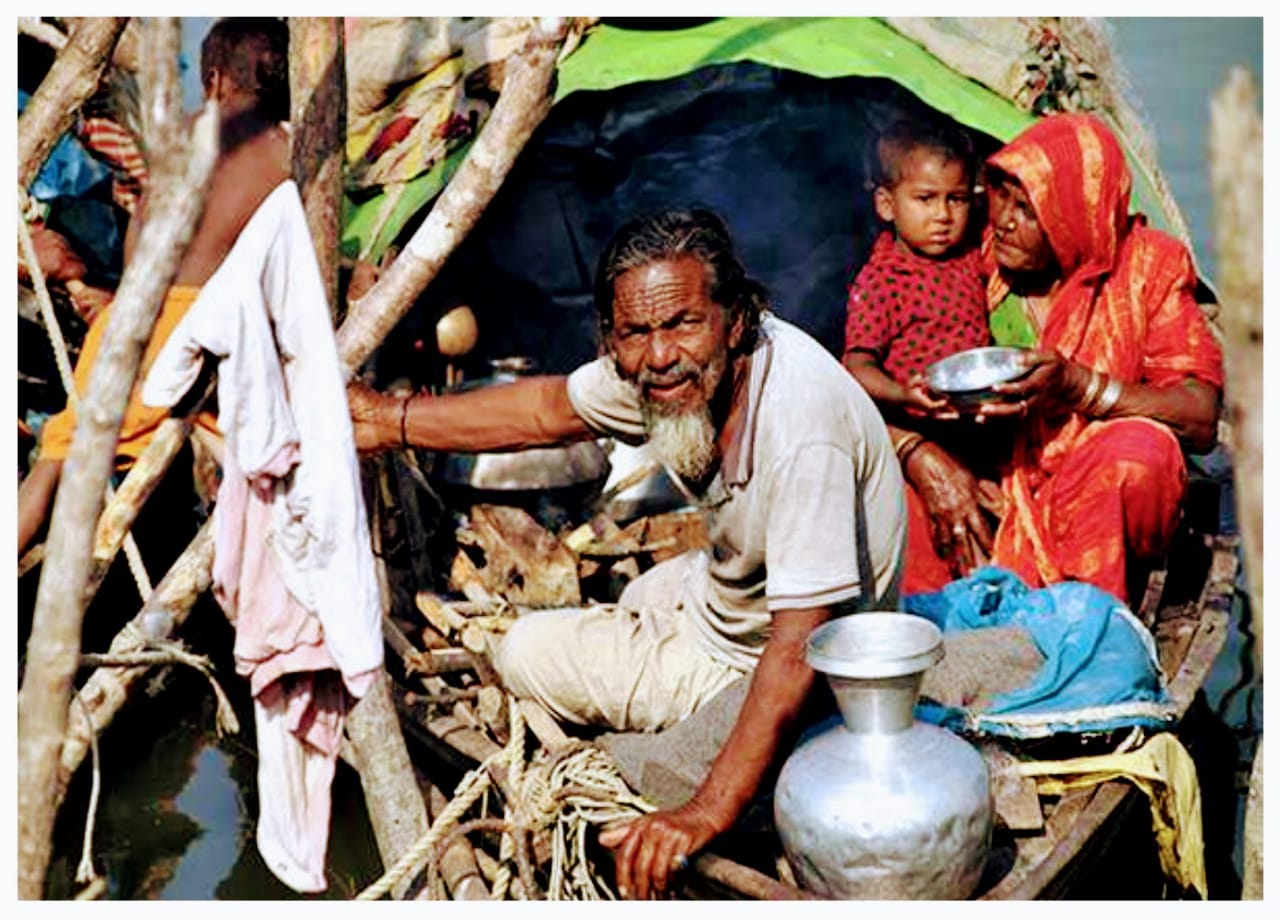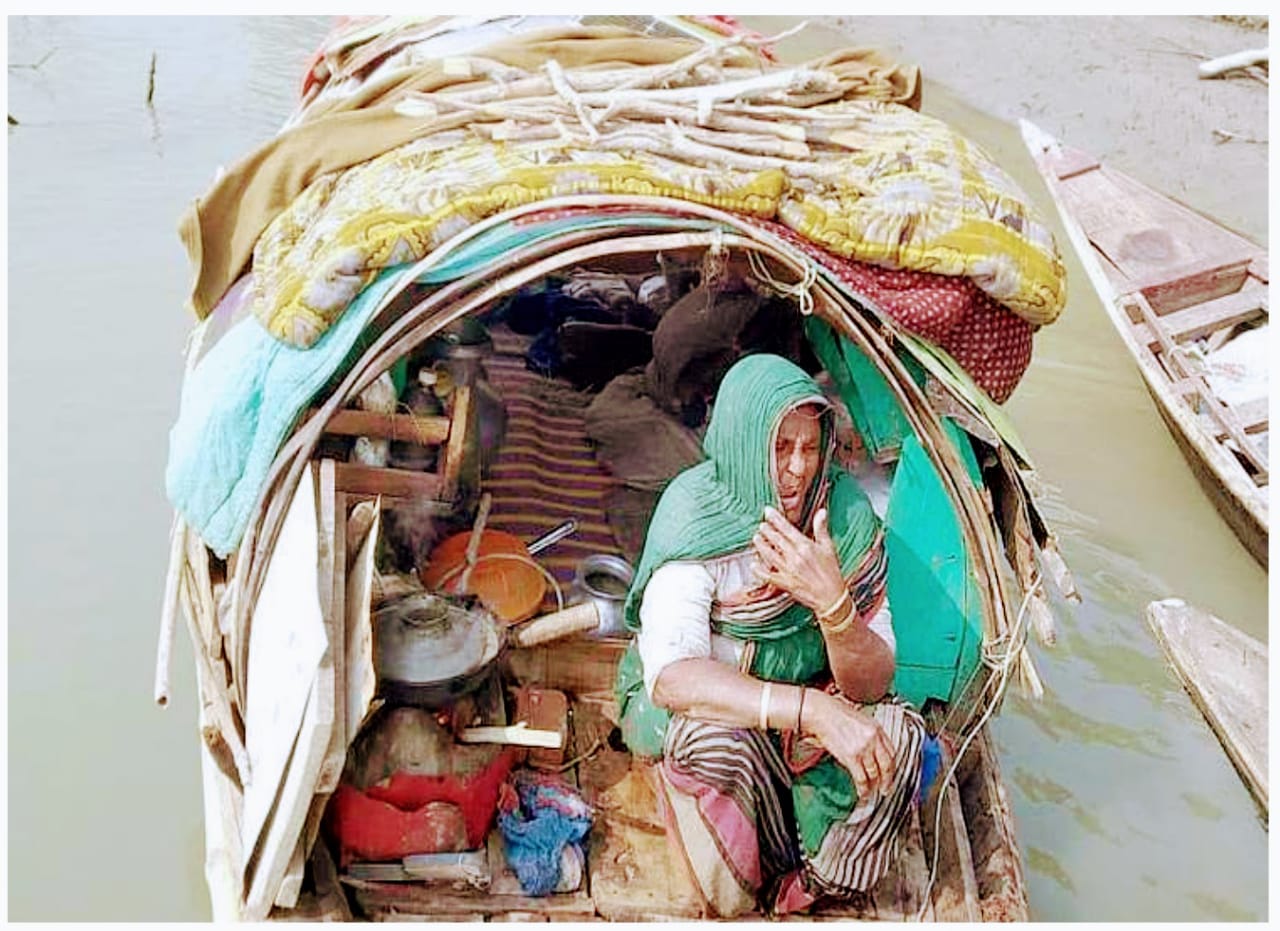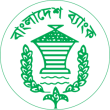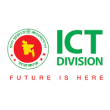Our Respected Donors
Introduction:
Bangladesh is one of the world’s mo and leave millions with appalling sanitary conditions. About 80 percent of them are mostly dependent on agriculture for their livelihood and employment. With an average per capital income of US $ 220 Bangladesh ranks among the poorest countries in the world. The largest segments of rural woman are engaged in agricultural production and related activities. Its economy is an agro-based on which suffers from devastating natural calamities in the country. Geographically and Geomorphologic ally Bangladesh’s faces number of challenges since independence and almost every year face devastating natural disaster (i.e. Flood-1970, Cyclone-1991, SIDR-2007, AILA-2008) . The lowland areas are also susceptible to flooding from seasonal monsoons and cyclones, further damaging the land. Arsenic contaminates water, putting 30 million people at risk. Furthermore number of issues which effected people round the year like-Natural and Manmade Disaster, Poverty trap, potential risk factors-HIV AIDS.
Sejuti Health and Education Development Foundation (SHEDF) is a non-governmental organization that works with poor and marginalized communities in most vulnerable area in Bangladesh. It was established in Bangladesh in 2007 with the aim of promoting essential basic services to the most inaccessible and hard to reach areas. The initial focus area was the flood sediment Islands (chars) and riverbank areas of Southern Bangladesh, where there was no provision of basic healthcare or education. The organization started to work through providing very basic primary healthcare and then expanded the scope of its work to education. The organization’s goal is to help char (Island) dwellers to develop basic skills that helps the communities to get out of the poverty trap and give them sustainable opportunities and possibilities.
https://youtu.be/K7u96ikR4uY
Add Your Heading Text Here
https://www.youtube.com/watch?v=zsTifiKpulEhttps://www.youtube.com/watch?v=XHOmBV4js_Ehttps://youtu.be/50P6DJtbbaMhttps://www.youtube.com/watch?v=QbhjpceT5Kw






